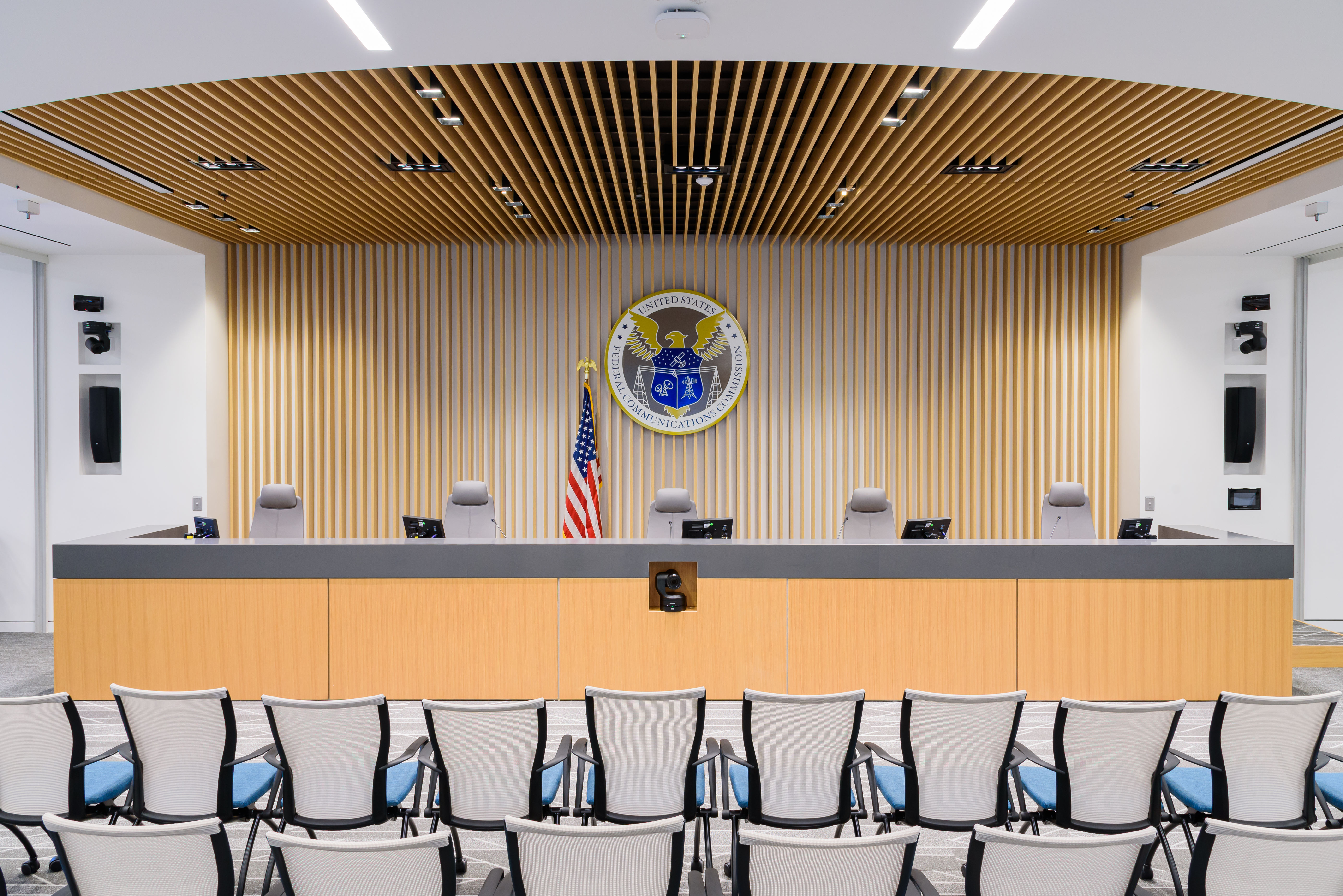Broadcasters Debate Spectrum Shut-off
The professional video industry's #1 source for news, trends and product and tech information. Sign up below.
You are now subscribed
Your newsletter sign-up was successful
Panelists were cordial but tensions ran high at the annual MSTV conference in Washington, D.C. this week.
Some industry leaders argued for the return of broadcast spectrum in 2006, while others said that 2009 was more realistic for people to obtain digital converters or buy new DTV sets.
Lin TV President and CEO TV Gary Chapman called the digital converters "digital food stamps" and said that thousands of households would be disenfranchised if the spectrum was shut off too soon.
Randy Bongarten, president of Emmis Television said that broadcasters would have to find a way to make the digital transition successful.
"In order to maintain itself...we're going to have to tap in to the revenue stream that broadcasters and cable take away from us," he said.
MSTV President David Donovan defended broadcasters, comparing the digital transition to playing a 3D chess match and said that the industry is not dragging its feet on the transition. "We understand spectrum givebacks," he said.
FCC media bureau chief Ken Ferree suggested that the markets that are not at 85 percent threshold would get extensions. He said to expect a nationwide digital transition by Jan. 1, 2009.
Unlicensed devices was another hot topic for one of the panels. Most of the panelists expressed concern about interference of PDAs, wireless mics and intercoms with broadcast signals.
Dean Brenner from Qualcomm said that there is no proof that interference will not occur with the use of unlicensed devices.
However, Carl Stevenson of IEEE said unlicensed use is good idea and also suggested that the unused spectrum be used in rural and underserved communities.
Stevenson said that there is more range with wireless, that RF leaps great distances and is less expensive than running cable especially in rural areas.
Without real world tests, the use of unlicensed devices will be an ongoing debate.
The professional video industry's #1 source for news, trends and product and tech information. Sign up below.
